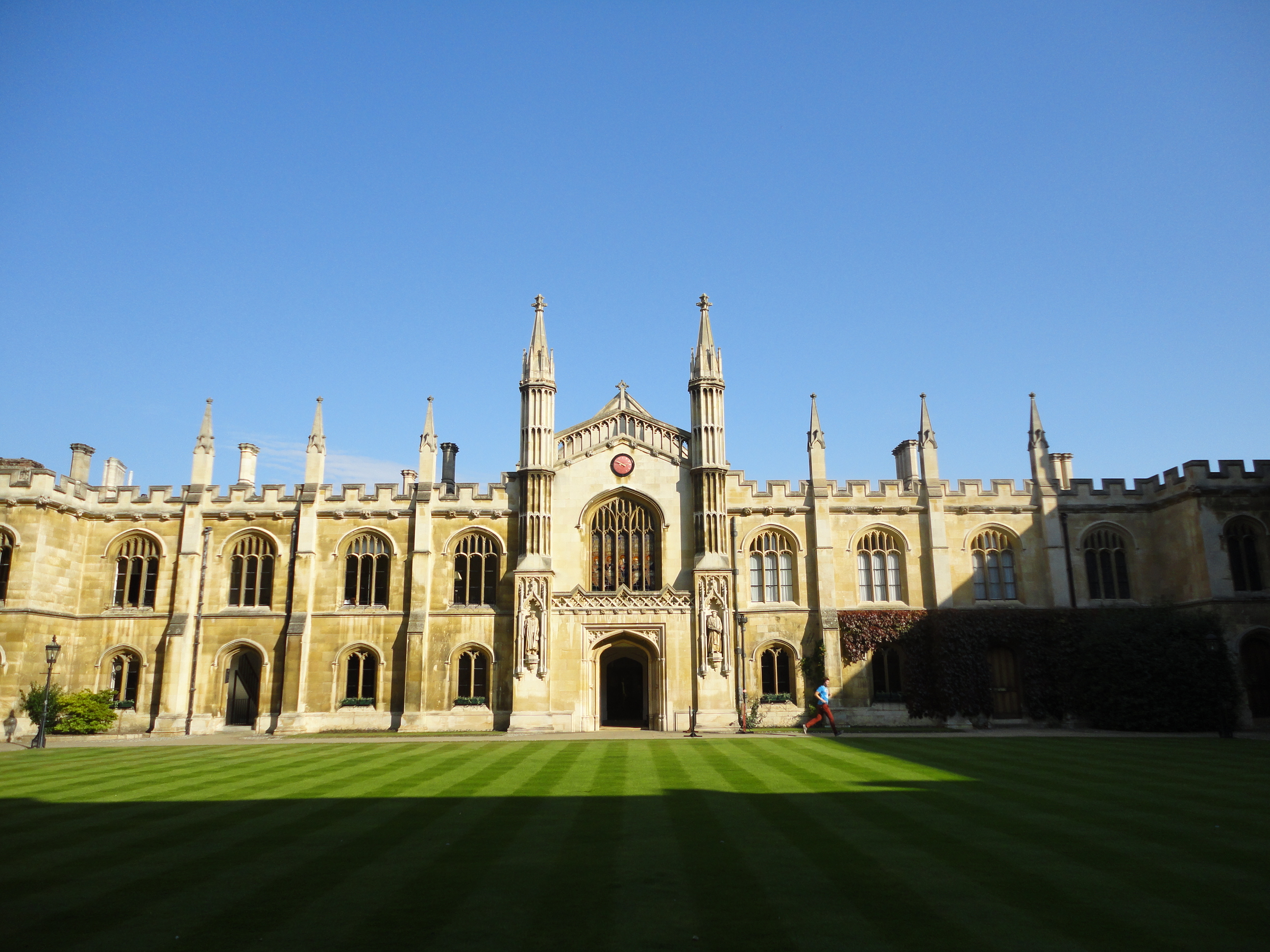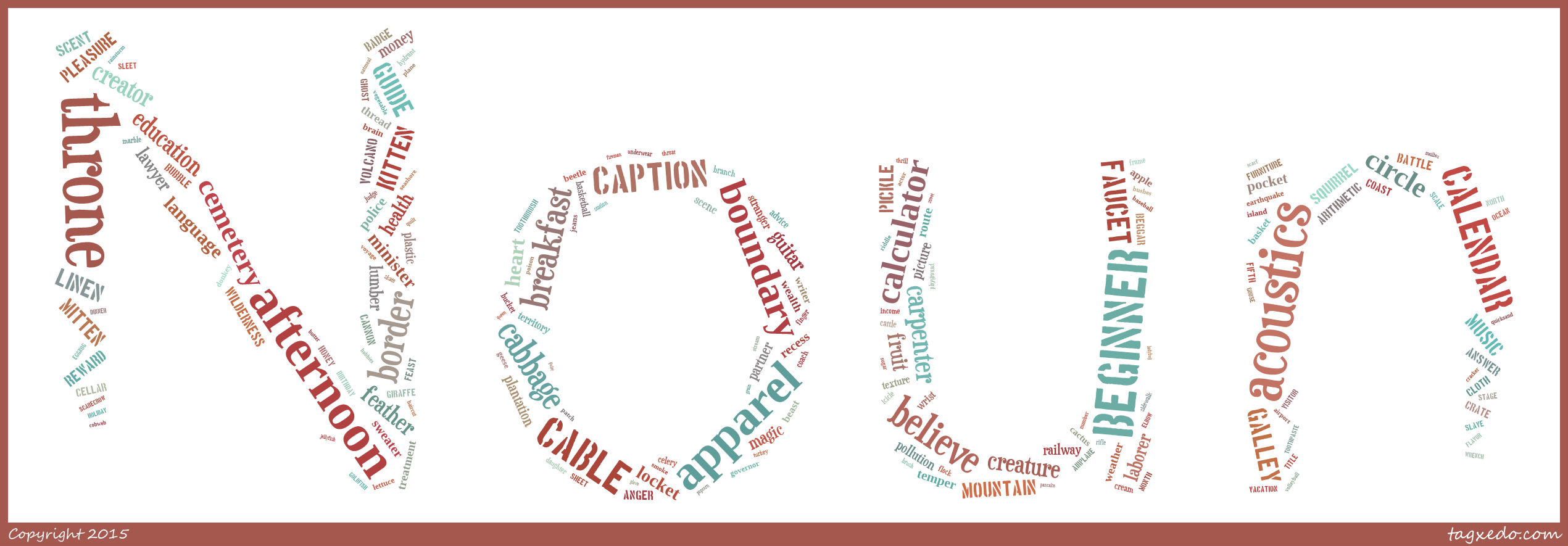English Grammar: Hey Noun! Let’s Learn A Bit About you!
Different Kinds of Nouns
All You Need to Know About Nouns
English grammar is the most widely used grammar worldwide. One may look at the way normal English speakers communicate and view it as simple stuff, however, this is not the case. English grammar is made up of several elements brought together to form a final product.
These elements are generally known as parts of speech and are used carefully in congruence with one another. They are used carefully with regard to how they relate and bring out the final product which can be represented by a logic English sentence that not only makes sense but also communicates properly which is more or less the aim and goal of any language.
One part of speech that built up English grammar is nouns. Simply put nouns have been described as naming words but linguists have come to criticize this definition claiming that it is not sufficiently informative with regard to their nature. Nouns can therefore be described as words that serve as the name of some specific set of object, person, place or things.
Nouns are numerous in number and this brought the need to break them down in terms of category and similarities in their function and how they are generally used in an English sentence. This brought the types of nouns as discussed below.
Proper Nouns
Proper nouns as the name suggests stand for items that are quite distinct and unique from others or have a unique name from others. Examples of these nouns are Earth, India or BMW.
Common Nouns
These nouns generally stand for a general word for a class of entities. These words are related to proper nouns in the case that common nouns are classes and proper nouns are the distinct entities that fall under the Common nouns. For Example planet, country or car.
Countable Nouns
They are nouns that can generally take a plural form or combine effectively with counting quantifiers. Examples of counting quantifiers are one, five, many or much among others. Examples of these nouns include ball, boy and car among others. In plural form they take the forms of cars, boys or balls and they can combine with counting quantifiers to bring out several cars or five boys among others.
Uncountable Nouns
These nouns are the direct opposite of countable nouns as they can neither take a plural form nor combine with numerals and counting quantifiers. Examples are water, milk and blood. It is worth noting that some uncountable words like furniture don’t take a plural form even if the elements the word represents are countable. It is therefore advisable that one looks at how the word is used rather than the entities it is with.
Collective Nouns
As the name suggests these are nouns used to represent a group of individuals. It is worth noting that this is always the case even when these nouns are used in the singular form. When used in plural they are often set up to bring out a plural form of the group of individual items. Examples of these nouns are committee, herd or fleet.
Concrete Nouns
These nouns are used to refer to items that have a physical aspect to them. At the very least they must be noticed by one of the five senses possessed by a human. Examples include chair, phone, socks or belt among others.
Abstract Nouns
These nouns are the direct opposite of the concrete nouns. As their name suggests these nouns are abstract because they are not tangible. They generally attribute to perceptions, ideas, feelings, notions and concepts among other things.Examples of these nouns are justice, love, hatred and jealousy.
It is however worth noting that some nouns may possess aspects of the abstract and concrete form depending on how they are used in sentence. A noun like art can be termed abstract but can also be concrete when referring to a specific piece of art work. The physical painting above of abstract art, itself, would be concrete, the ideas behind it abstract.
Do you feel we missed any main points on nouns?
Please let us know!
Thanks for reading! You can check out more from our series on nouns here!



No comments yet.